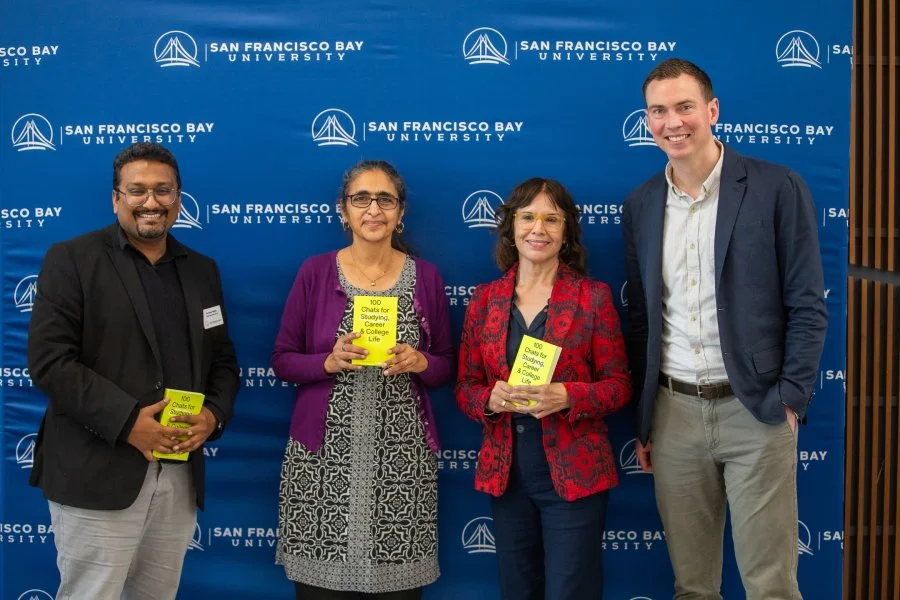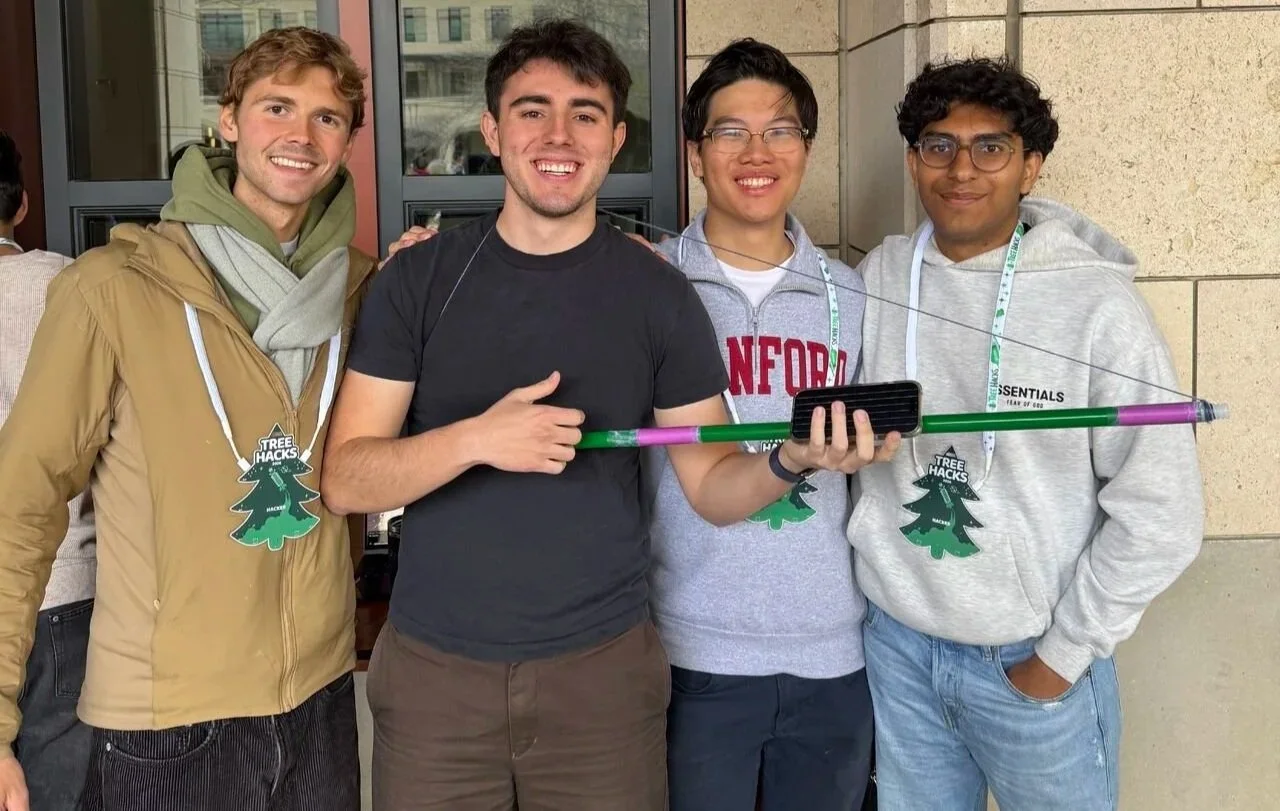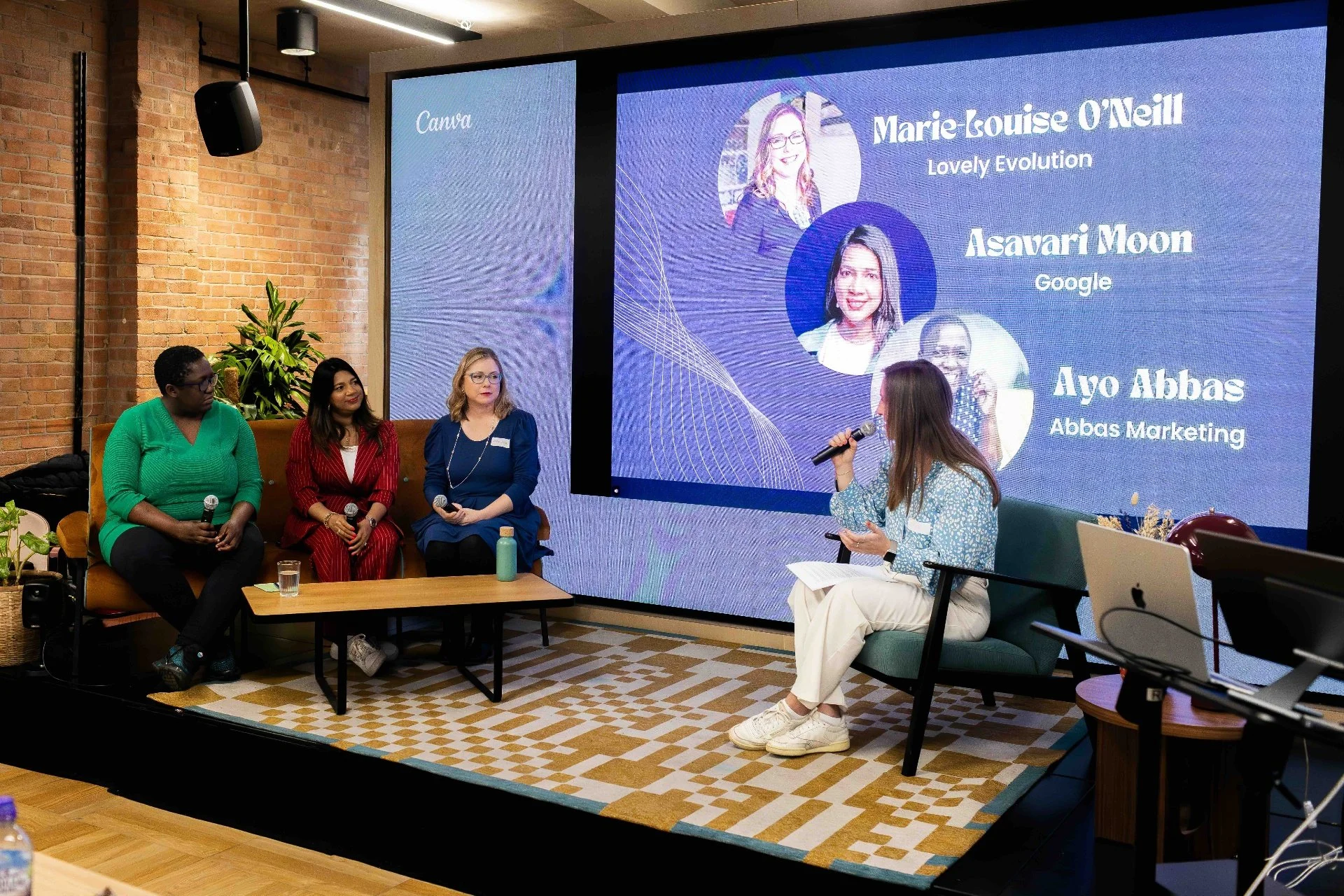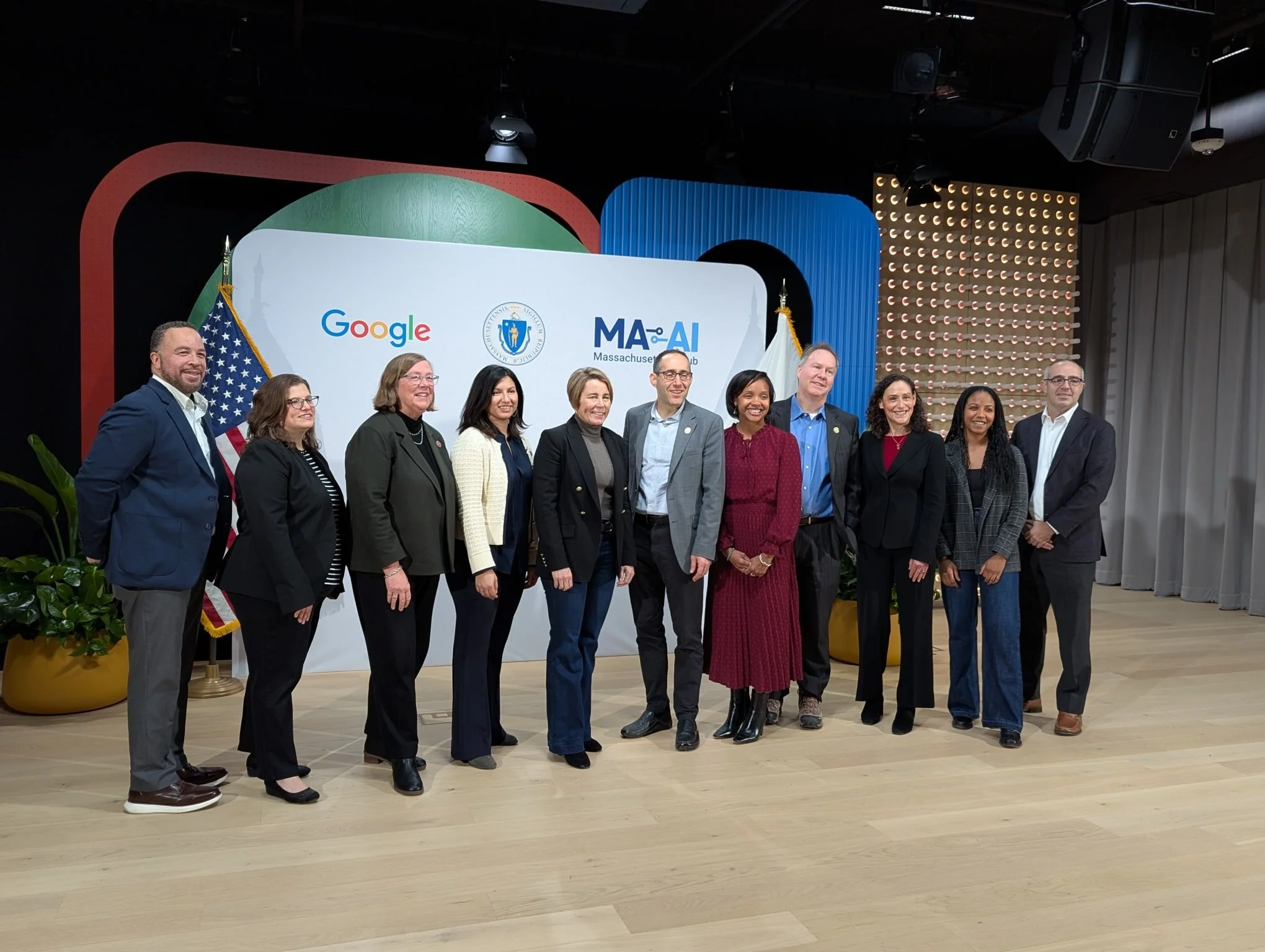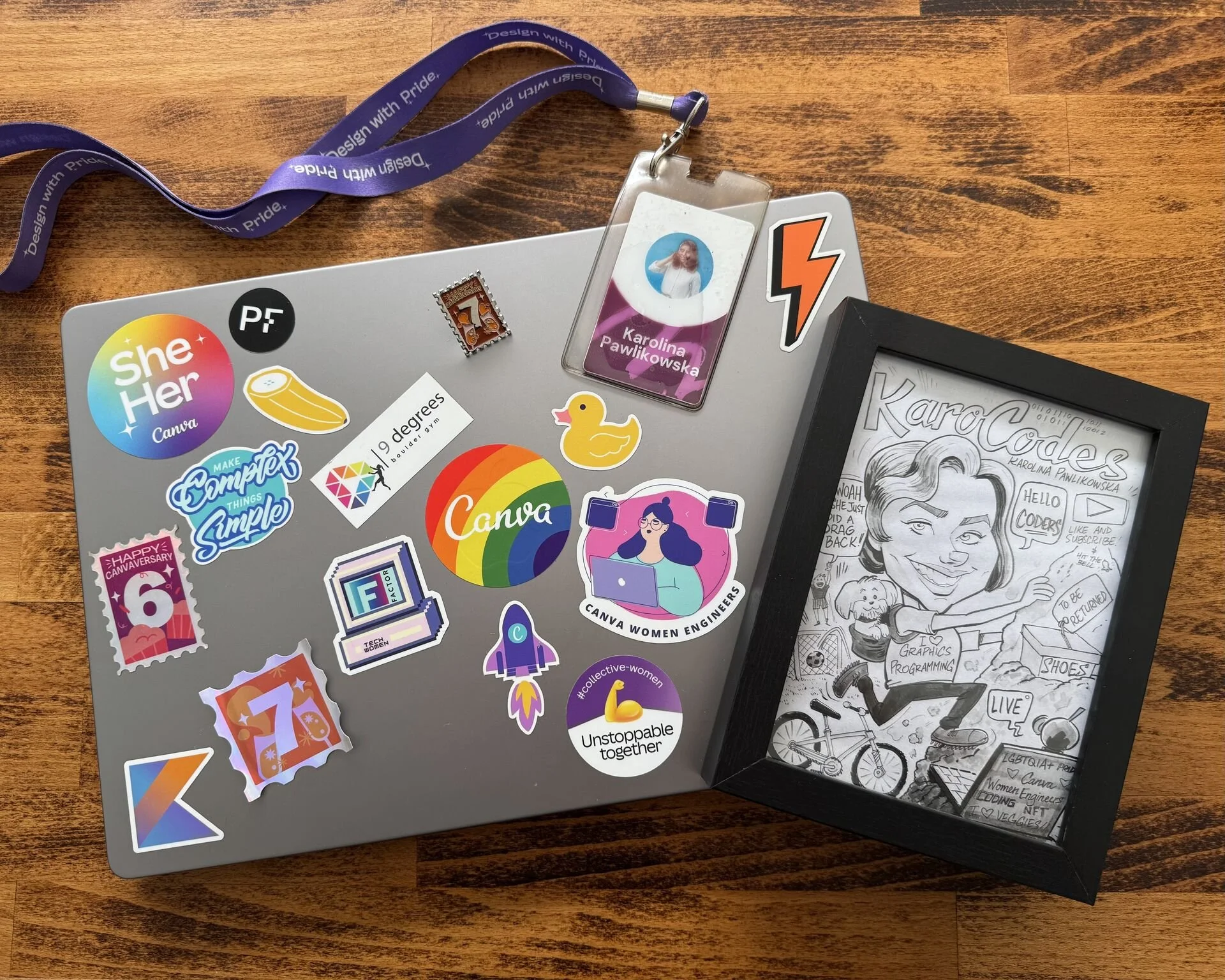Co-op partners with The Hacking Games to train young people for ethical cybersecurity careers
The initiative will provide early training and intervention to guide youth cyber talent toward legitimate careers and reduce the risk of cybercrime.
Co-op has announced a partnership with The Hacking Games to identify young people with advanced digital skills and train them for ethical careers in cybersecurity.
The initiative follows a recent cyberattack on Co-op and aims to address both the growing threat of cybercrime and the shortage of skilled professionals in the UK.
The program will use Co-op’s network of 13 community centers and 38 academy schools to reach students and families, providing early training and engagement. The Hacking Games specializes in interactive environments that replicate real-world cybersecurity scenarios, helping young people understand how their skills can be used for positive impact.
Shirine Khoury-Haq, Group CEO of Co-op, says, “We know first-hand what it feels like to be targeted by cybercrime. The disruption it causes, the pressure it puts on colleagues, and the impact it has on the people and communities we serve. At Co-op, we can’t just stand back and hope it doesn’t happen again – to us or to others. Our members expect us to find a cooperative means of tackling the cause, not just the symptom.”
Early intervention and targeted training
The initiative will begin with a research study led by Professor Lusthaus at the University of Oxford, focusing on the social drivers of youth cybercrime. Insights from the study will inform a pilot program in Co-op Academies Trust, which supports 20,000 students. The pilot will combine student and parent training with earlier intervention strategies, aiming to inspire legitimate career pathways before young people are drawn into online offending.
Fergus Hay, Co-founder and CEO of The Hacking Games, says, “There is an incredible amount of cyber talent out there – but many young people don’t see a path into the industry, or simply don’t realise their skills can be used for good. This partnership with Co-op will help unlock that potential. It’s about giving people the opportunity to do something positive, showing that their talents are valued and creating a generation of ethical hackers to make the world safer.”
The program also recognizes the link between neurodiversity and cybersecurity skills. Research shows over half of UK tech employees self-identify as neurodivergent, while 71 percent of autistic adults are unemployed despite thriving in structured problem-solving environments.
Responding to a growing cybersecurity gap
Cybercrime is expected to cost £12 trillion globally this year, while tens of thousands of cybersecurity roles in the UK remain unfilled. The government has identified the sector as a key growth area but warns that without early engagement, young people may be drawn into illicit online activity.
Security Minister Dan Jarvis welcomed the partnership, saying, “Cybercrime destroys lives. The criminals carrying out these acts put the public and the economy at risk, and that’s why we’re continuing to take the decisive action necessary to keep UK jobs and businesses safe. Combatting this issue will take a whole-of-society approach and we applaud all efforts to ensure that young people are diverted away from illicit behaviour online.”
The partnership will initially focus on schools and communities connected to Co-op but has ambitions to expand nationally. The longer-term goal is to create a framework for cybersecurity education and training that can be integrated across the wider UK education system.









